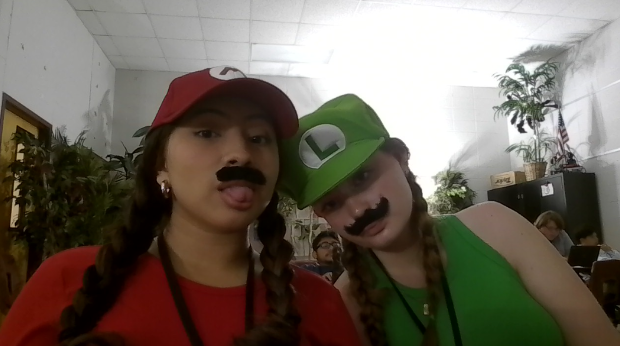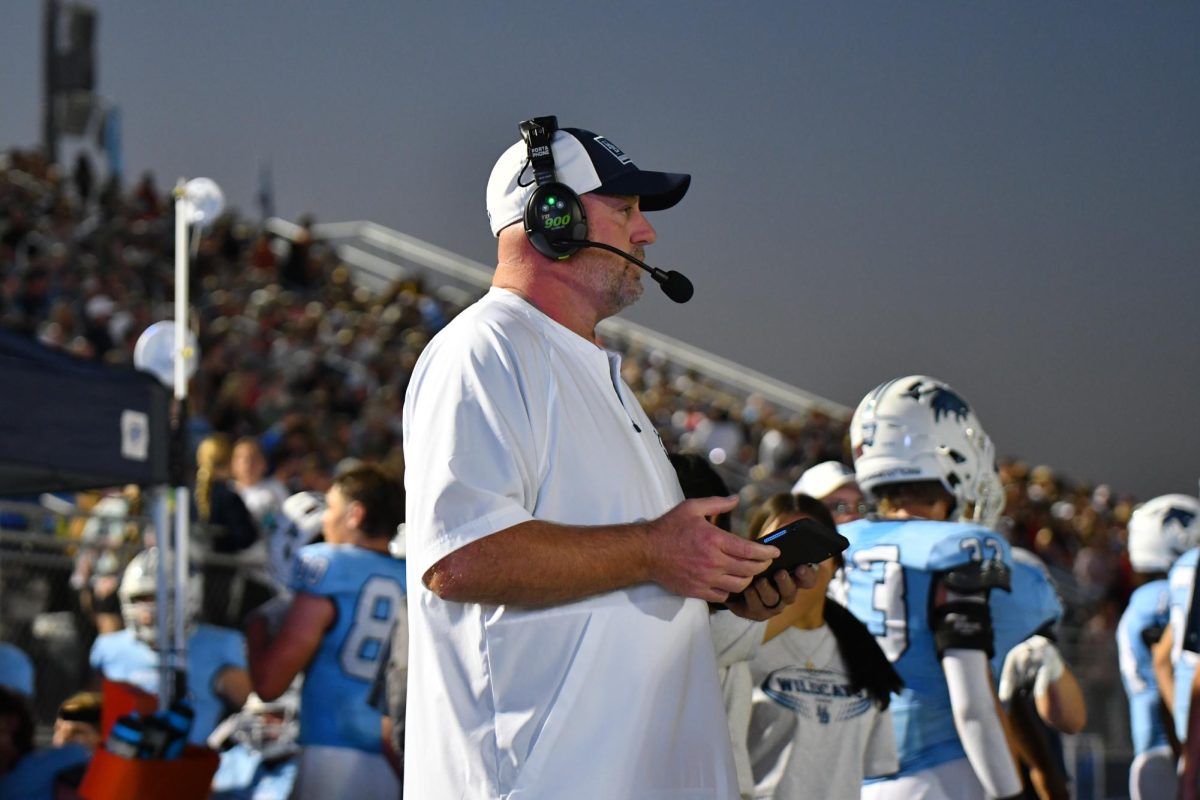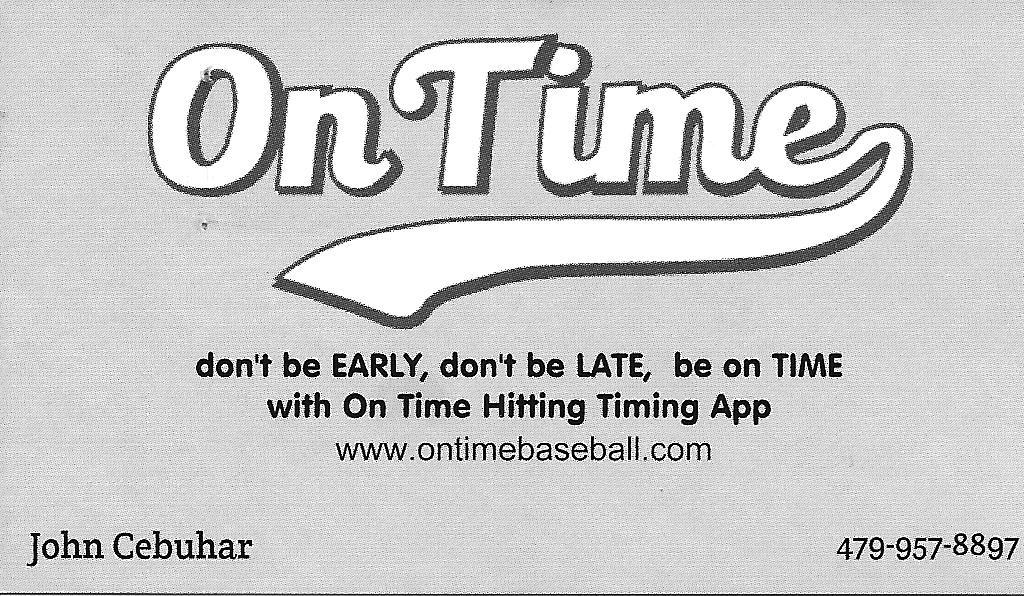Steve Jobs
November 17, 2015
An iconic businessman and innovator is the subject of the unique, intense, and emotional film Steve Jobs. Directed by Danny Bloye, this biopic is the farthest you could get from a biopic. More importantly, the film is written by Aaron Sorkin and its unique way of telling Steve Jobs’ story suits the nature of the film well. Instead of a sequential, documentary-type movie of a legendary man, the film is broken up into three parts. Each section revolves around the few hours before another iconic launch of an Apple product. The movie is exhausting emotionally, which is a good thing. Every emotion you can think of is prevalent; there is anger at the cruelness of Jobs, the sympathy over Lisa, his daughter, love towards Jobs, and excitement and passion at the launch of world changing technology. Although this film might draw criticism for its unparalleled storytelling and the large focus on Jobs relationships, Steve Jobs excels at telling the real story of Steve Jobs.
The first sequence opens on the stage of the soon to be launched Macintosh in 1984. It is amazing to see how the film can capture so much emotion and so much story in only one hour before the launch. Immediately we are introduced to the passionate yet unkind character of Steve Jobs. He had no fear of failing and was focused on changing the world. The first section mainly takes place behind the stage in the dressing room where we see heated exchanges with his assistant who tries to make him compromise. Interesting conversations with his closest friends and business partners, Steve Wozniak (Invented the technology of the Apple PC), John Scully (CEO of Apple at the time), and Andy Hertzfeld (the software programmer) showcase his firm mannerism. I became frustrated and angry at Jobs for putting so much pressure and being so unkind to his friends, but admired his drive to change the world. In this section we are introduced to Jobs’ ex-girlfriend Chrisaan Brennan and his daughter Lisa. Lisa is very young and it pains me when Jobs constantly denies that he is the father right in front of Lisa. Jobs refuses to support Chrisaan and denies being a part of the family. He simply turns to money as the solution to his problem. However, you can sense an emotional and loving side to Jobs as he teaches Lisa how to use his new computer. Michael Fassbender creates an authentic Steve Jobs. He can portray the passion and intense determination of Jobs in such a way that you are on the edge of your seat every time he speaks. The director makes the movie very fast paced because every event happens only one hour till the launch. He has conversations with each of his colleagues all in a span in 30 minutes. It is amazing how well the movie is made because each section ends with Jobs walking out onto the stage. We don’t get to hear the launch, only the results afterward.
In 1988, Jobs is fired from his position at Apple when his Macintosh failed miserably. His next project is NeXT, a cube like PC set to compete with Apple. The transformation of the character of Jobs is prevalent with each section. As he grows older, his relationships change. He has a heated exchange with Steve Wozniak and pushes away his old friend. It becomes apparent that the flow of the movie is the same with each section. It always opens up with the stress of preparing the launch show, followed by conversations with his four colleagues and Chrisaan and Lisa followed by the few moments before he walks out on the stage. This flow benefits the movie because it shows the change in each of his relationships. He grows farther apart from his old friends while becoming closer to Lisa. More emotion, sympathy, and love is shown towards Lisa in this section. The end of it made me very emotional as Lisa clings to her dad saying “I want to live with you.” It tore me apart to see the love Lisa had for her dad, but the almost non-existent love Jobs had for her. More of the genius of Jobs is portrayed in this section as it is revealed he is secretly using the NeXT to work his way back into the Apple company. I was amazed at how brilliant he was; using a better operating system so Apple would get jealous and buy Jobs back into their company because NeXT had a more advanced OS. Fassbender could not have pulled off the brilliance and unyielding drive towards greatness any better than he did in this section.
For the iMac’s launch in 1998, we see Jobs in control of the company again and finally about to revolutionize the world with his innovative PC. Jobs now looks like how everyone remembers him as. With a black turtleneck tucked into jeans. By far the best section in the film, Jobs pushes his relationships with Andy and Steve Wozniak to the brink through his straightforward passion to have things done the way Steve Jobs wants them done. The highlight of this section is a good five minute argument between Wozniak and Jobs. I felt sad for Wozniak because he did not get the respect or recognition he deserved for his work on Apple II. I was also becoming angry Jobs for his constant animosity towards his friends. Through a few other conversations he finally realizes that he needs to mend the relationship with his daughter. In a final scene, Jobs confesses his true love for his daughter. He mentions his first computer was named after her, and then Lisa walks off without a hug or any real reconciliation. In a reference to a scene in the beginning of the movie, Jobs cries out that he will put 1,000 songs in her pocket so she can listen to anything she wants instead of carrying around “that stupid walkman.” This part brought me close to tears because it showed a man so strong and unforgiving and unkind to everyone else now breaking down and showing his love for his daughter. I think it was the link between his innovation of technology and his new love for his daughter that hit me. It was knowing that he was talking about the iPod, knowing he is dead now, knowing how much his daughter wanted him, and knowing he finally let go of his pride to be with his daughter. I again had to hold in tears as Jobs walks out onto the stage in front of thousands of people and hands his daughter the first picture she ever drew on the Macintosh at only five years old.
This unique biopic couldn’t portray the passion of Steve Jobs any better. Its three sections clearly show the transformation of the company and Jobs as a person. I loved how it focused on three iconic moments in his life instead of one long movie from birth till death. The acting could not get any better and the film definitely made my list of top five movies.





